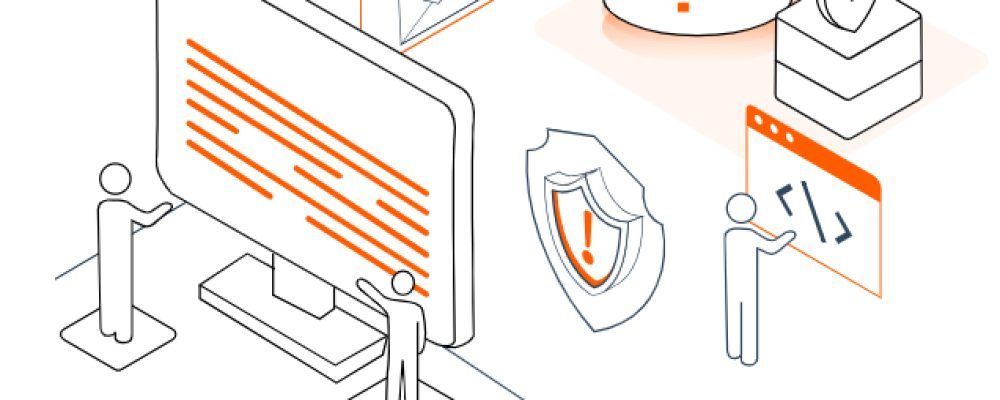Non-bank safe deposit boxes present several advantages over traditional bank options. With their enhanced security measures, greater accessibility, and specialized services, non-bank providers offer a comprehensive and secure storage solution that addresses the varied needs of individuals and businesses.
Enhanced Security Measures
Non-bank safe deposit boxes often provide higher security measures than traditional banking options. For instance, companies such as Iron Mountain offer secure storage solutions, including vault options with advanced security features. These facilities are meticulously designed to withstand a variety of threats, such as natural disasters and theft. Secure storage facilities, like those provided by Iron Mountain, charge customers $100 per month for a full box and $320 per month for a vault, ensuring valuables are stored in a highly secure environment.
In addition to Iron Mountain, other non-bank providers have incorporated sophisticated security protocols. These may involve multiple layers of authentication, biometric access controls, and continuous monitoring of the facilities. Non-bank establishments frequently undertake rigorous security audits and updates, ensuring that the facilities remain at the forefront of security technology.
The attention to security detail extends to the construction of the storage units themselves. Many non-bank safe deposit boxes are housed in facilities engineered to withstand environmental hazards like fire and flooding. The construction materials and design approaches ensure that the valuable items’ physical integrity is not compromised, providing a robust storage solution.
Greater Accessibility
A notable advantage of non-bank safe deposit boxes is their superior accessibility compared to bank-operated facilities. Traditional bank safe deposit boxes are typically restricted to banking hours, which can be inconvenient for many users. Conversely, non-bank facilities often offer extended hours and, in some cases, 24/7 access. This increased accessibility is particularly beneficial for those needing to retrieve their items outside regular business hours.
For example, during the COVID-19 pandemic, many bank branches reduced operating hours or required appointments for accessing their services. These limitations posed challenges for individuals needing to retrieve important documents or valuables. Non-bank providers, with their more flexible access hours, were better able to accommodate these needs effectively.
Another aspect contributing to greater accessibility is the geographic availability of non-bank facilities. Often strategically located in metropolitan areas and business districts, these providers ensure that individuals can reach their stored items with minimal hassle. Some providers may also offer mobile retrieval services, further enhancing accessibility for their clients.
Users of non-bank facilities benefit from advanced scheduling systems to ensure timely access to their safe deposit boxes. These systems allow for streamlined appointment booking, avoiding long waiting times and improving overall user experience. Clients can manage their access appointments remotely, providing additional convenience.
Specialized Services
Non-bank safe deposit box providers frequently offer specialized services that cater to unique storage needs. For instance, some facilities provide climate-controlled environments suitable for sensitive items such as artwork, documents, and electronics. Maintaining a stable environment is vital for the preservation of certain items, and non-bank providers have recognized this by offering tailored climate control solutions.
Additionally, non-bank providers often provide insurance options for the contents of the safe deposit boxes. Traditional banks typically do not offer insurance coverage, necessitating external arrangements by the user. The inclusion of insurance options provides an added layer of protection, ensuring that valuable items are covered in case of loss or damage. This feature is particularly valuable for individuals who wish to store high-value items and require comprehensive insurance coverage.
Another service offered by non-bank providers includes enhanced inventory management solutions. These solutions help users maintain detailed records of the items stored in their safe deposit boxes, facilitating easy tracking and management. This service is particularly useful for businesses and individuals who store multiple items and need to keep precise records.
In geographical locations such as Hong Kong, non-bank providers offer enhanced security and specialized services, providing a more secure alternative to traditional options. An example would be PrivateSafe, which provides a private safe in Hong Kong that has tailored solutions to meet unique storage needs.
Cost Considerations
While the cost of renting a non-bank safe deposit box can be higher than traditional bank options, the additional security, accessibility, and specialized services often justify the expense. According to various reports, the rental fees for safe deposit boxes range from $60 to $173 annually, depending on the box size. However, non-bank providers may charge higher fees due to the enhanced security features and specialized services they offer.
Despite the higher costs, many users value the increased security measures and additional services that non-bank providers bring. The ability to access items around the clock, combined with advanced security systems and climate-controlled environments, positions non-bank facilities as a premium choice for those needing robust and flexible storage solutions.
In evaluating cost considerations, it is also essential to factor in the potential savings from avoiding loss or damage to valuable items. The insurance options provided by non-bank providers can mitigate such risks, offering financial protection that justifies the higher upfront rental fees. Moreover, clients storing high-value or irreplaceable items often find that the benefits of enhanced security and specialized services outweigh the additional costs.

